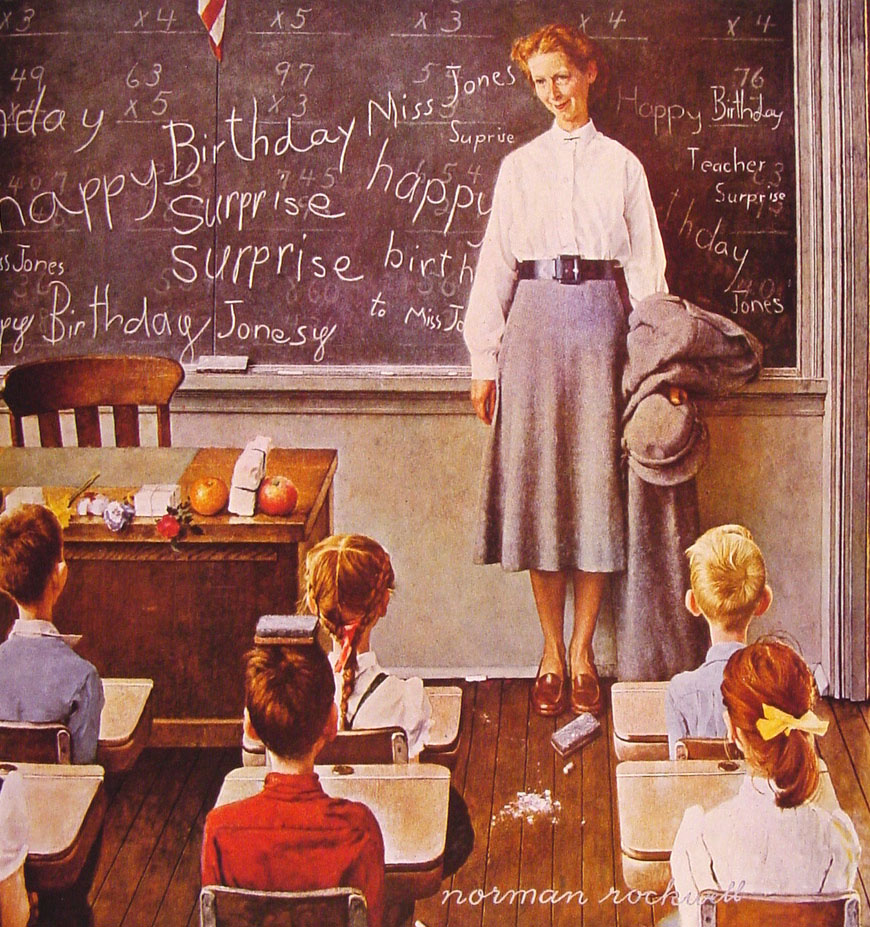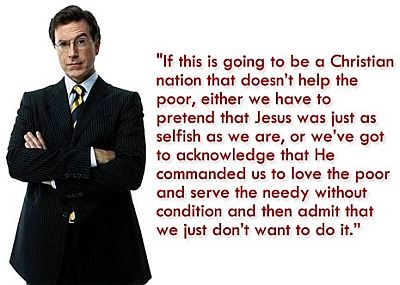"Words strain,
Crack and sometimes break, under the burden,
Under the tension, slip, slide, perish,
Decay with imprecision, will not stay in place,
Will not stay still..."
T. S. Eliot, "Burnt Norton."
 If art is communication of vision, then true art
is prophesy. Each human person sees, or at least is called to see, some
aspect of God that no other creature in existence can ever see. I
believe that this is the true basis for that mysterious quality which we
call individuality, but that requires a good deal more thought. What I
am certain of is that God communicates a part of Himself to us that He
communicates to no other person. Or to put it differently, He
communicates His whole being to us in a way that He does for no other
person. Whenever a human being sees a glimpse of that communication and
tries to share it with another human being, art is born. This transcends
the formal arts, music, writing, painting, sculpture, acting and so
forth. This permeates all truly human activities down to the most
mundane. Thus we can speak of an "art" to good conversation; an "art" of
letter writing; an "art" to hospitality; an "art" to flipping burgers.
When we say that someone does some mundane task artfully, we meant that
he or she is doing it purposefully, meaningfully, in the best manner possible and this raises their activities to the level of art.
If art is communication of vision, then true art
is prophesy. Each human person sees, or at least is called to see, some
aspect of God that no other creature in existence can ever see. I
believe that this is the true basis for that mysterious quality which we
call individuality, but that requires a good deal more thought. What I
am certain of is that God communicates a part of Himself to us that He
communicates to no other person. Or to put it differently, He
communicates His whole being to us in a way that He does for no other
person. Whenever a human being sees a glimpse of that communication and
tries to share it with another human being, art is born. This transcends
the formal arts, music, writing, painting, sculpture, acting and so
forth. This permeates all truly human activities down to the most
mundane. Thus we can speak of an "art" to good conversation; an "art" of
letter writing; an "art" to hospitality; an "art" to flipping burgers.
When we say that someone does some mundane task artfully, we meant that
he or she is doing it purposefully, meaningfully, in the best manner possible and this raises their activities to the level of art.  It is this that I mean when I say that art is prophecy. It is usually unconscious, I suppose, a reaching after "we know not what." That is what makes art universal when it is at its best. It is an expression of longings that remain inarticulate. The methods of art can be used as a distraction from those longings, which I would classify as entertainment rather than art. This too has its place as a rest, to help us refit until we are strong and ready to begin the pursuit once more. Art, however, should not distract from the longing, the not-enough-ness. It should point it out, set a finger on it and say, "I try to capture the 'more' but it will not be captured."
It is this that I mean when I say that art is prophecy. It is usually unconscious, I suppose, a reaching after "we know not what." That is what makes art universal when it is at its best. It is an expression of longings that remain inarticulate. The methods of art can be used as a distraction from those longings, which I would classify as entertainment rather than art. This too has its place as a rest, to help us refit until we are strong and ready to begin the pursuit once more. Art, however, should not distract from the longing, the not-enough-ness. It should point it out, set a finger on it and say, "I try to capture the 'more' but it will not be captured."It need not be unconscious, though.
"The distraction fit, lost in a shaft of sunlight,
The wild thyme unseen, or the winter lightning
Or the waterfall, or music heard so deeply
That it is not heard at all, but you are the music
While the music lasts. These are only hints and guesses,
Hints followed by guesses; and the rest
Is prayer, observance, discipline, thought and action."
T. S. Eliot, "The Dry Salvages."
This is to be expected, even to be hoped for. Our glimpses are partial, shadowy, incomplete. They were never meant to satisfy. They were meant to introduce, to excite, to tease and urge onward. The reality is "further up and further in."
If there are prophecies, they will be brought to nothing;
if tongues, they will cease;
if knowledge, it will be brought to nothing.
For we know partially and we prophesy partially,
but when the perfect comes, the partial will pass away.
When I was a child, I used to talk as a child,
think as a child, reason as a child;
when I became a man, I put aside childish things.
At present we see indistinctly, as in a mirror,
but then face to face.
if tongues, they will cease;
if knowledge, it will be brought to nothing.
For we know partially and we prophesy partially,
but when the perfect comes, the partial will pass away.
When I was a child, I used to talk as a child,
think as a child, reason as a child;
when I became a man, I put aside childish things.
At present we see indistinctly, as in a mirror,
but then face to face.







